As new auto tariffs take effect this week, many consumers are scrambling to buy vehicles before prices rise.
President Donald Trump’s 25% tariffs on imported cars and parts, which begin Wednesday, are expected to increase the cost of many vehicles, pushing buyers to make decisions sooner than planned.
Jessica Valor, a Houston-based project manager, had intended to buy a new car this summer but moved quickly after hearing about the tariffs. She purchased a 2025 Toyota RAV4 Hybrid two weeks ago, fearing it would soon become too expensive.
“The thought of it being out of reach made it easier to pull the trigger now,” she said.
Dealerships report increased foot traffic as buyers try to avoid the looming cost increases. CoPilot, a car-shopping app, found that inventory for foreign-made vehicles has significantly declined in recent weeks, with models like the Chevrolet Blazer and Volkswagen Taos seeing sharp drops in availability.
Jennifer Garrett of Arlington, Texas, was similarly motivated. After missing out on a used Hyundai Elantra before the COVID-19 pandemic due to rising prices, she didn’t want to take any chances this time.
“I didn’t want the same thing to happen again,” she said.
Even luxury car buyers are taking action. Chris Stagner of Los Angeles traded in his Tesla Model X in early March, partly due to tariff concerns and political factors. Meanwhile, Riley Brown of Jacksonville, Florida, decided to replace his aging Toyota Prius, anticipating that prices would continue to rise.
While some consumers are accelerating their purchases, others are choosing to wait. Tom Hewitt, a retired insurance manager in New Jersey, decided to hold off on buying a new Honda Passport, preferring to maintain his current vehicles rather than pay inflated prices.
Experts warn that the impact of tariffs won’t be limited to new cars. Used vehicle prices may also rise, and insurance costs could increase due to more expensive repairs.
Industry analysts predict the tariffs could lead to price hikes of $5,000 to $10,000 on average, with some models seeing even steeper increases. Wedbush Securities analyst Daniel Ives called the idea of a fully American-made car a “fictional tale,” as nearly all vehicles rely on imported parts.
Despite the concerns, Trump has defended the policy, arguing that higher prices will encourage consumers to buy American-made vehicles.
“I hope they raise their prices because if they do, people are gonna buy American-made cars,” he said.
The Financial Times, the Associated Press, and USA Today contributed to this report.
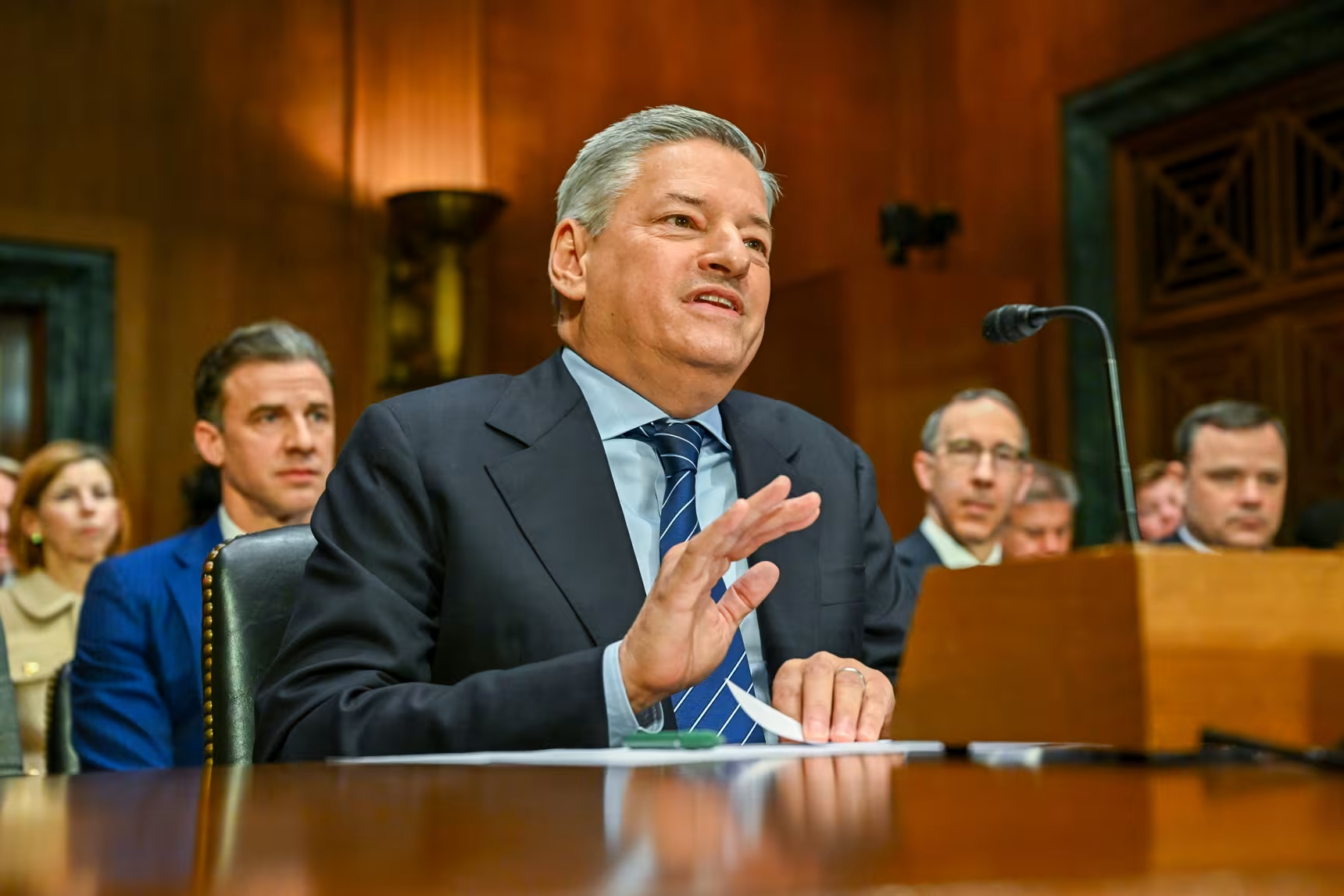
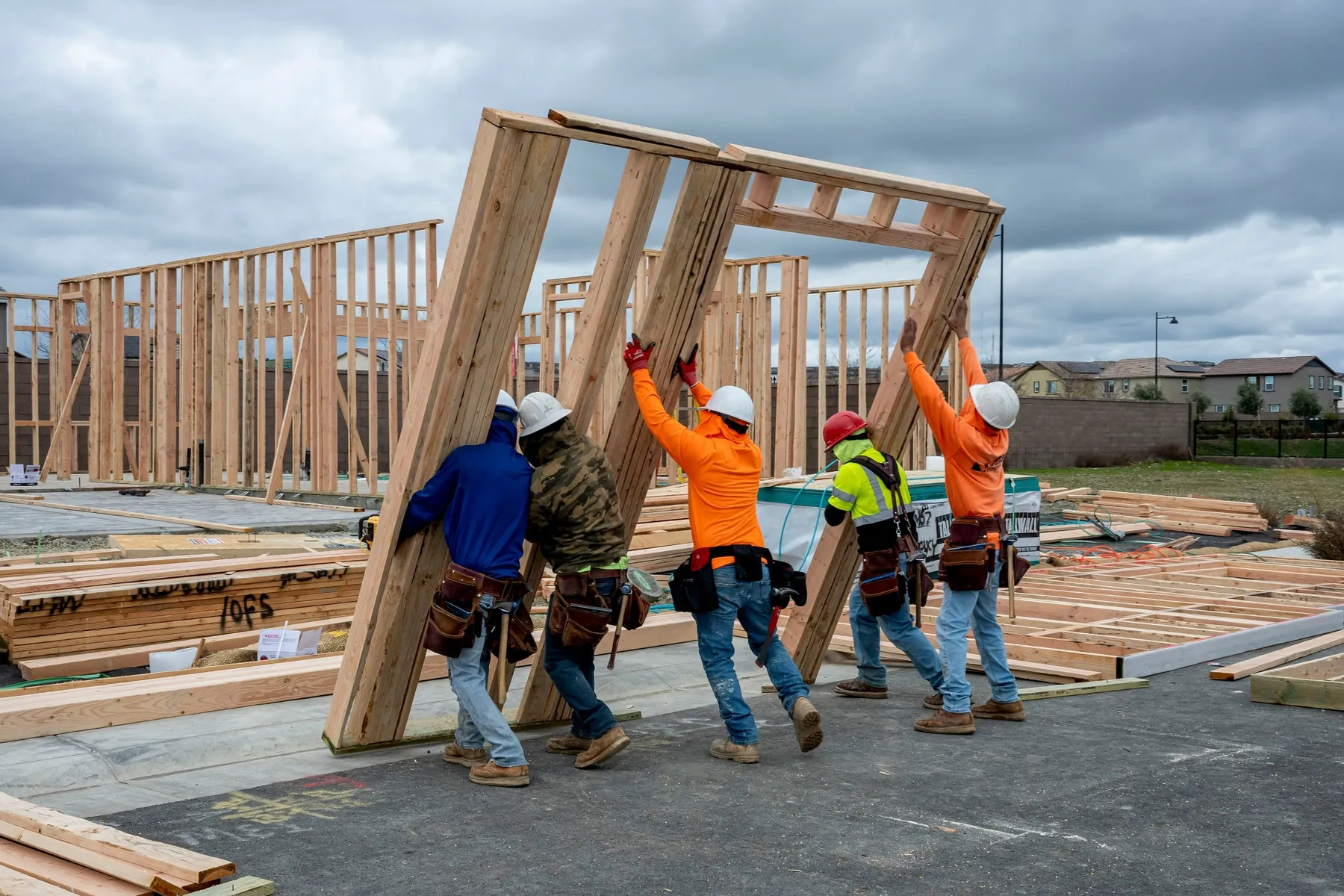
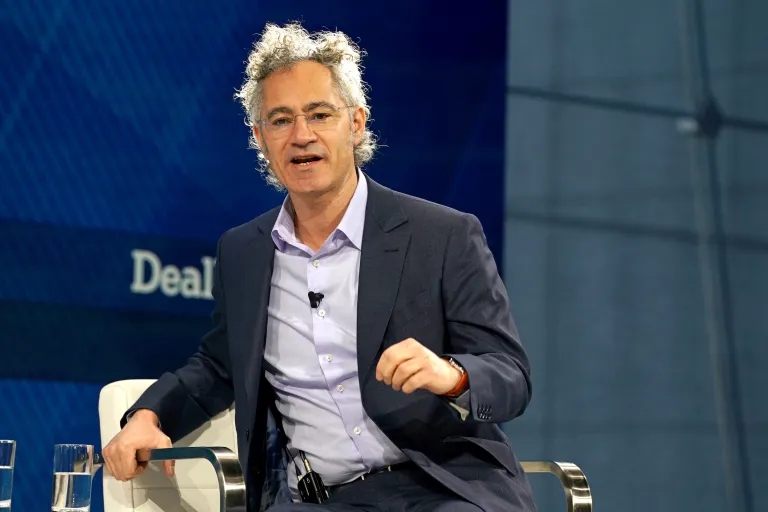
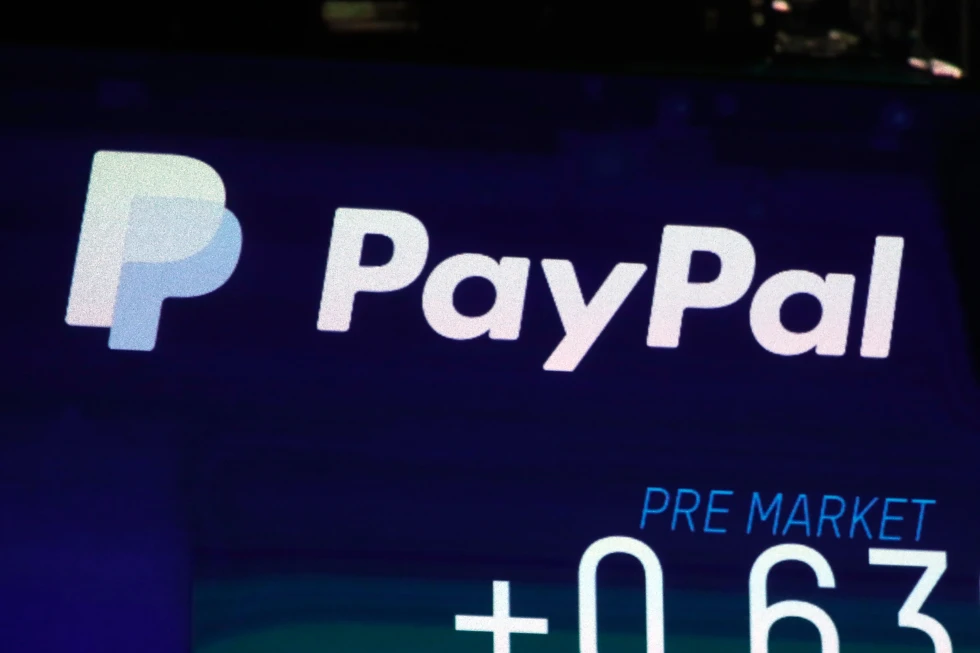
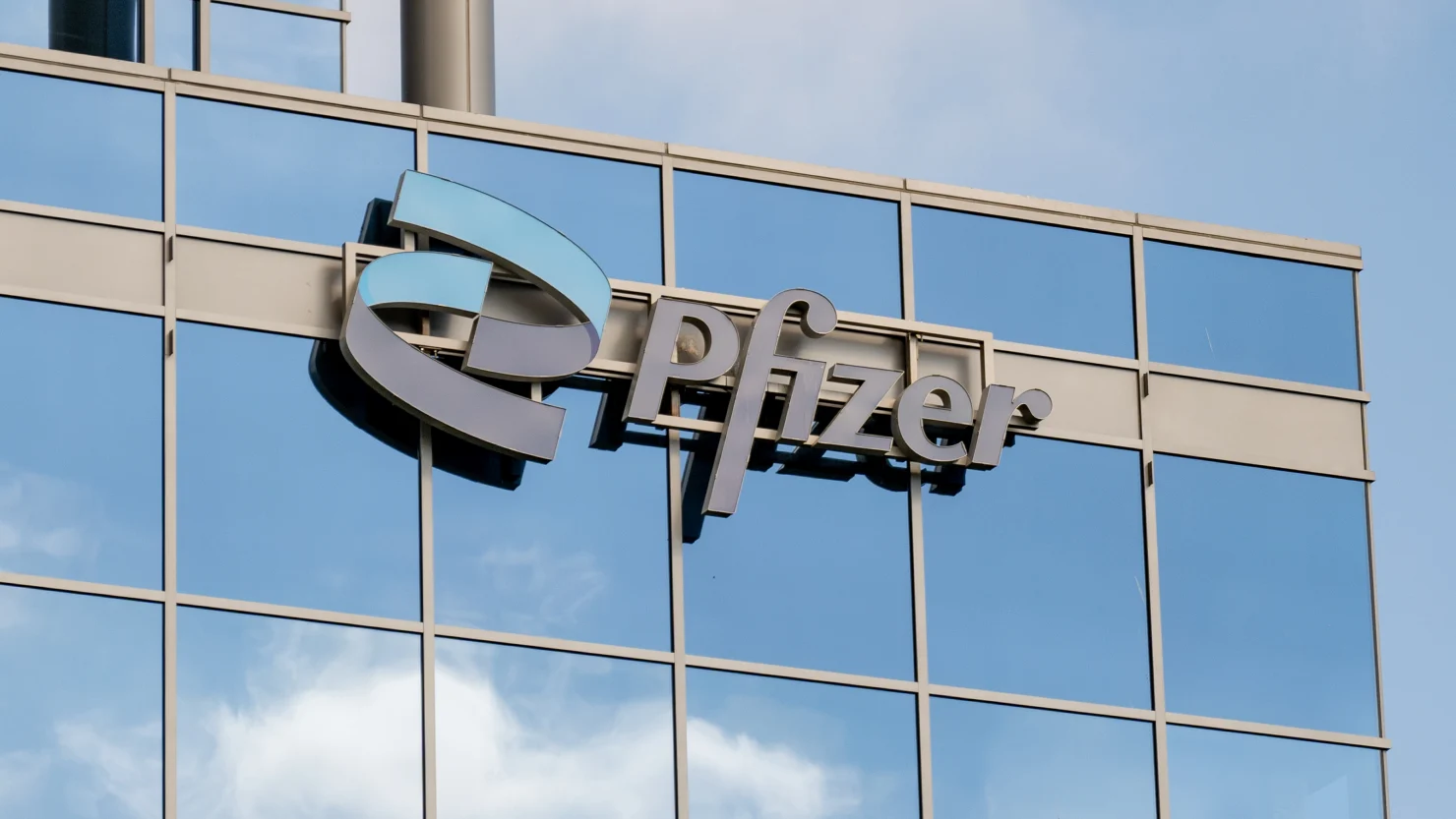
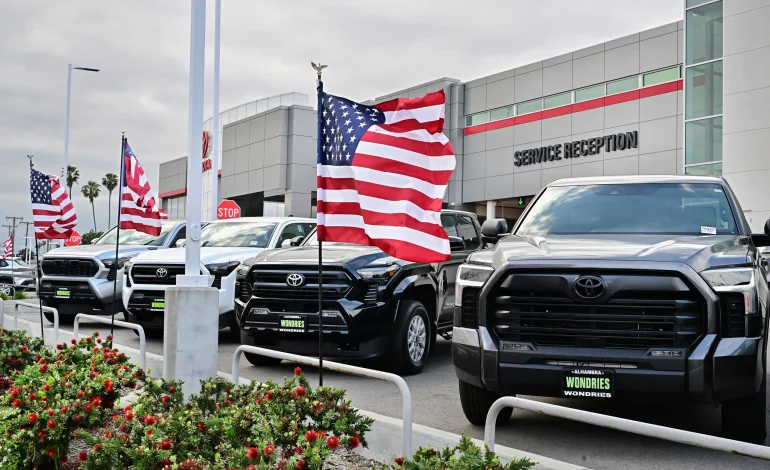




The latest news in your social feeds
Subscribe to our social media platforms to stay tuned